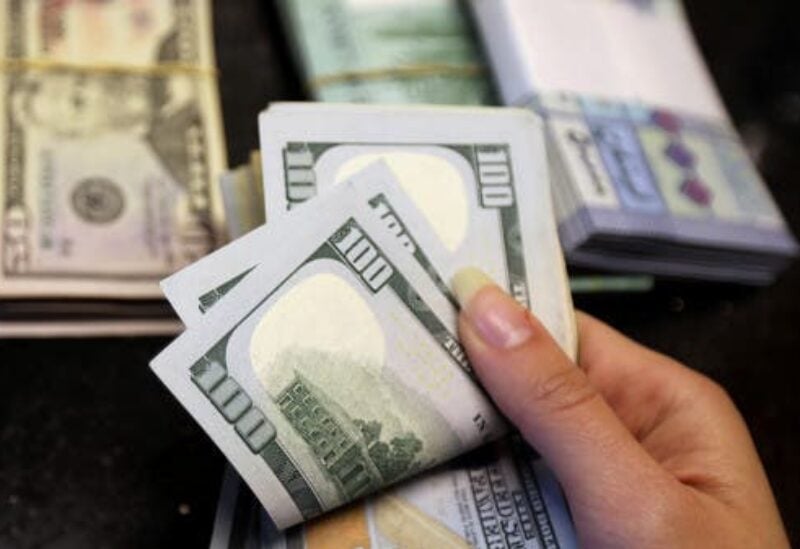
Priority current account transactions, such as industrial inputs, are assigned to the pegged official rate while all remaining legal transactions, including private capital account transactions, are supposed to proceed at an officially floating parallel exchange rate. Governments sometimes introduce dual exchange rates during balance of payments crises to limit the short-term impact of capital outflows on domestic prices and international reserves. They include banning the use and possession of foreign currencies within a country, banning residents from purchasing foreign securities or holding bank balances abroad, and restricting the amount of currency that can be imported and exported.Īnother form of currency control involves the use of dual exchange rates.


Currency restrictions are primarily intended to prevent debilitating capital outflows during periods of macroeconomic weakness. This typically gives rise to a premium over the official rate known as the black market premium. Foreign exchange restrictions spawn currency black marketsīlack markets come about when controls on foreign exchange restrict access to the official markets, forcing people to resort to unofficial channels. By contrast, the parallel rates analysed by Winton provide a more nuanced narrative on postwar financial history, demonstrating the importance of consulting alternative sources of data that are extrinsic to markets when conducting financial research.ġ.

How do they arise and disappear? What form do they take? What determines black market premia for hard currency and how can such information be used by investors? Many economic studies are based on official rates that were fixed and chronically overvalued. This data can be used to make observations about the nature of currency black markets. But Winton’s databases include unique records of monthly black market rates from 1947 to 1993 for around 100 currencies, from the Albanian Lek to the Zambian Kwacha, along with unofficial gold prices for a selection of global cities. In situations such as these, black market rates often provide a more accurate reflection of a country’s economic circumstances than official exchange rates.īecause of its nature, data on the black market is hard to source. In Venezuela, where rampant inflation has left the national currency unable to hold its value, millions of consumers and businesses have been using black market US dollars to buy essentials. Black markets conjure up images of shady characters in dark alleys with suitcases of dollars.Īlthough such activity exists, illegal currency transactions have often been conducted openly by otherwise law-abiding citizens.


 0 kommentar(er)
0 kommentar(er)
